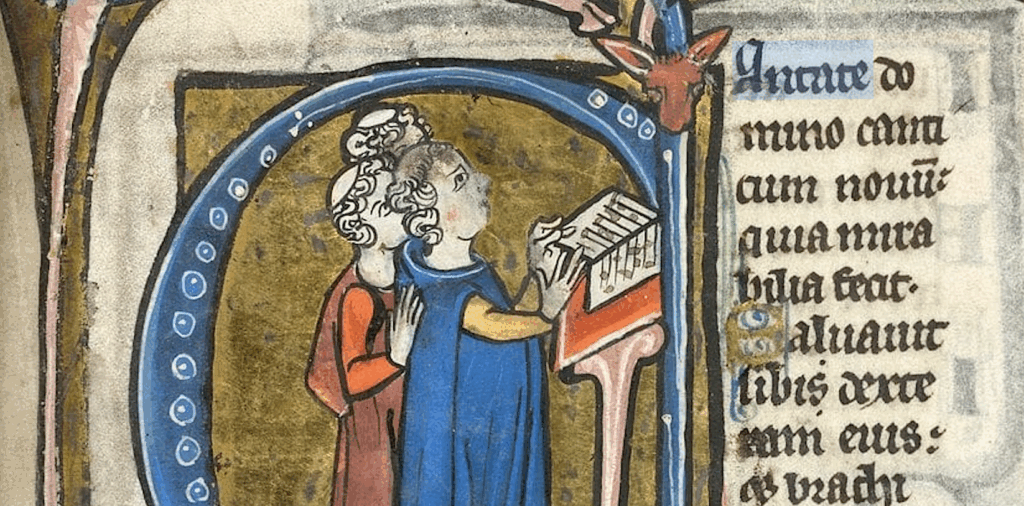
"Lis­ten­ing to music, espe­cial­ly live music, can be a reli­gious expe­ri­ence. These days, most of us say that fig­u­ra­tive­ly, but for medieval monks, it was the lit­er­al truth. Every aspect of life in a monastery was meant to get you that much clos­er to God, but espe­cial­ly the times when every­one came togeth­er and sang. For Eng­lish monks accus­tomed to that way of life, it would have come as quite a shock, to say the very least,"
"As reported by the Guardian's Steven Morris, University of Exeter historian James Clark found the latest example while researching the still-standing Buckland Abbey in Devon for the National Trust. "Only one book - rather boringly setting out the customs the monks followed - was known to exist, held in the British Library.""
Monastic chant functioned as a literal pathway to God for medieval monks, with communal singing central to monastery life. Henry VIII's dissolution of the monasteries in the mid-1530s to early-1540s dispersed inhabitants and scattered sacred music. Researchers found a few parchment leaves of early sixteenth-century chant, containing both text and notation, hidden in the back of a Buckland Abbey book. The fragments represent a vanishingly rare artifact of English monastic musical practice. The recovered chants were performed again within Buckland Abbey after almost five centuries, renewing audible connection to that liturgical tradition.
Read at Open Culture
Unable to calculate read time
Collection
[
|
...
]